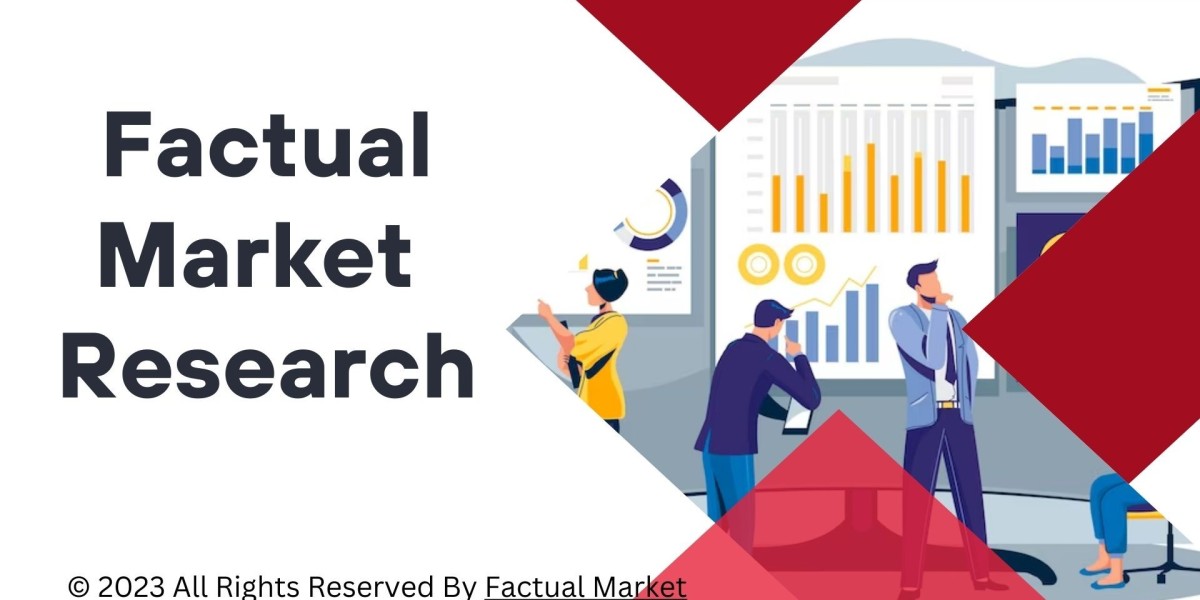Throughout history, the ever-changing landscape of European Geopolitics has been sculpted by various factors. One such pivotal factor is the abundance and accessibility of energy resources, with a particular emphasis on natural gas. The intricate dynamics of gas supply and demand and the politics that envelop it hold immense significance for European nations. These factors have far-reaching implications, transcending mere economic stability and permeating into the realms of foreign policy and regional power structures.
The Importance of Natural Gas
Natural gas holds a pivotal position in fulfilling Europe's energy requirements, serving as a cornerstone for various purposes. It is extensively utilized for residential heating and electricity generation and as a vital component in multiple industries. The significance of natural gas in Europe cannot be overstated, especially in light of the region's concerted efforts to shift towards cleaner and more sustainable energy sources. With its comparatively lower carbon emissions compared to coal and oil, natural gas is often regarded as a transitional fuel, facilitating the transition towards a renewable-based energy system.
Russia's Role
Throughout history, Russia has held the position of Europe's dominant gas supplier, a relationship that goes far beyond a mere economic transaction. The interconnection between Russian gas exports and geopolitics is profound. The reliance of European nations on Russian gas has become a significant point of concern when discussing energy security and political autonomy.
The dependency of European countries on Russian gas has repeatedly surfaced as a significant topic in discussions surrounding energy security. The reliance on a single supplier for a crucial energy resource raises concerns about vulnerability to supply disruptions or political manipulation. This vulnerability can potentially have far-reaching consequences, affecting not only the economic stability of nations but also their ability to assert political autonomy.
The supply of Russian gas to Europe has been intricately linked with political influence. Leveraging its position as a major gas supplier, Russia can exert significant control over energy-dependent European nations. The manipulation of gas supplies or the threat of cutting off gas exports has been used as a tool to shape political decisions, extract concessions, or exert pressure on European countries.
Diversification Efforts
In response to this dependency, European countries have been actively seeking to diversify their gas sources. This includes increased imports of Liquefied Natural Gas (LNG) from countries like the United States and Qatar and investments in renewable energy. The development of new pipelines, like the Southern Gas Corridor, which brings gas from the Caspian Sea region, is also part of this diversification strategy.
The Impact of Geopolitical Tensions
Geopolitical tensions, especially those involving Russia, have a direct impact on Europe's gas supply. Conflicts like the Ukraine crisis have prompted Europe to reassess its energy policies. These tensions have also led to a push for greater energy independence, which includes diversifying suppliers and investing in renewable energy sources and energy efficiency.
Future Challenges and Opportunities
Looking ahead, Europe faces several challenges and opportunities in the realm of gas geopolitics. The transition towards renewable energy is both a challenge and an opportunity. While it reduces dependency on external gas supplies, it requires significant investment and infrastructural changes.
The role of emerging technologies in natural gas extraction and transportation, such as fracking and new LNG technologies, also presents both challenges and opportunities. While they offer more sources of gas, they also raise environmental concerns.
Conclusion
The geopolitics of gas in Europe is a complex and evolving issue deeply rooted in the region's history, economy, and political structures. As Europe navigates its way toward energy security and independence, the role of natural gas, its suppliers, and the broader geopolitical landscape will continue to play a crucial role in shaping its future.
Original Source: https://astuteconnect.my-online.store/page/europe-geopolitics








